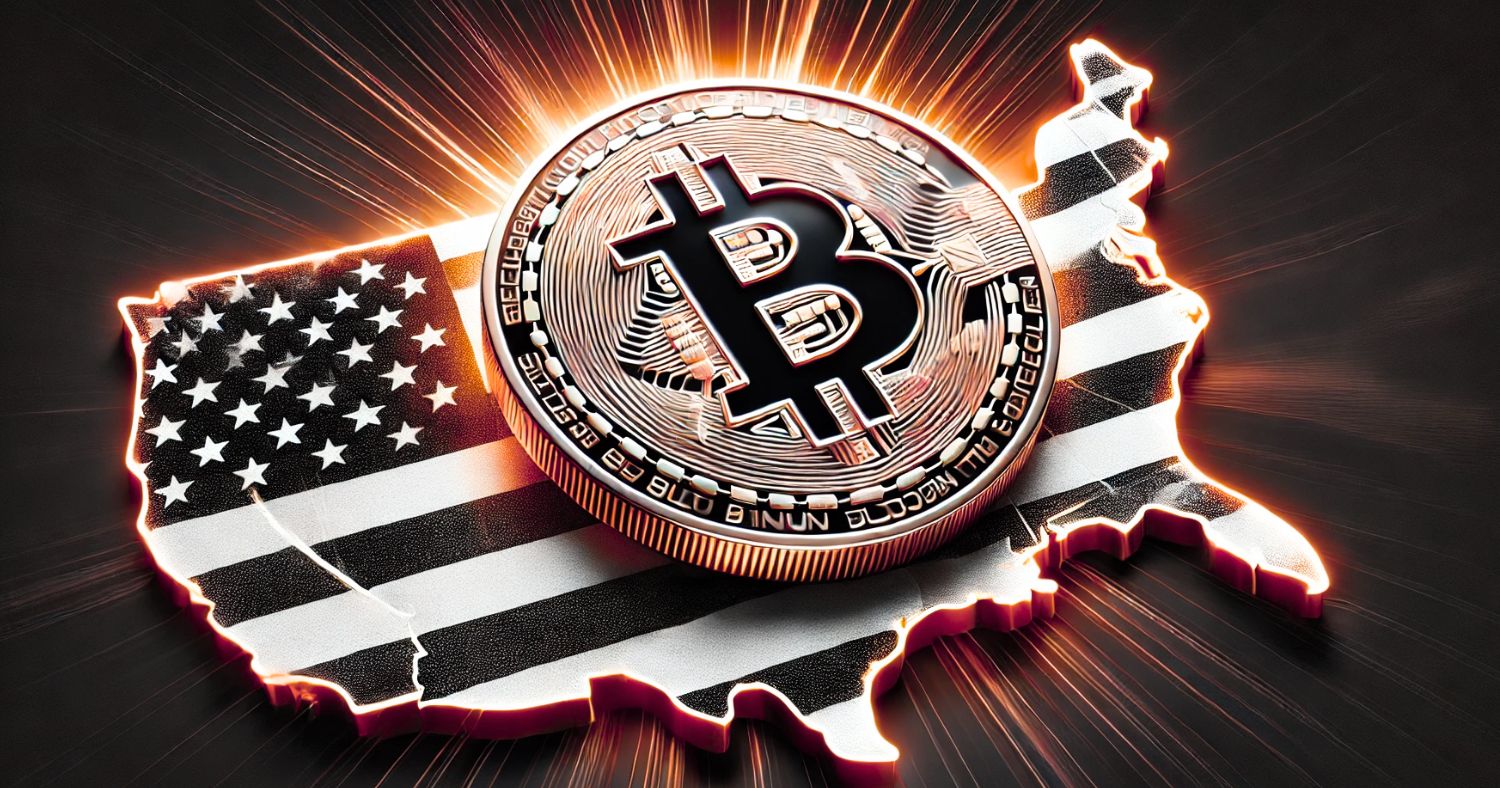A new era could be dawning for digital assets and the United States Treasury alike. According to Alex Thorn, Head of Firmwide Research at Galaxy Digital, the probability of the US government forming a Strategic Bitcoin Reserve (SBR) in 2025 is higher than the markets currently anticipate. Thorn’s assertion, posted publicly on X, arrives as industry conversations intensify around governmental participation in the crypto ecosystem and its implications for the global financial order.
yes, i mean the U.S. government announcing, not bessent’s offhand comment on tv
— Alex Thorn (@intangiblecoins) September 11, 2025
that comment gave us hints of where they think the size of the reserve stands but is not a formal announcement of the SBR https://t.co/ADxguLJ8vH
Thorn maintains, “There’s a strong chance the US government will announce this year that it has formed a strategic Bitcoin reserve and is formally holding BTC as a strategic asset. The market seems to be completely underpricing the likelihood of such an announcement.”
While President Trump did sign an executive order in March officially establishing both the Strategic Bitcoin Reserve and the US Digital Asset Stockpile, the strategic plan for how these assets might be managed or utilized remains unconfirmed. Despite this, recent legislative actions indicate continued momentum. Just this week, US lawmakers introduced a bill directing the Treasury to evaluate the feasibility and technical pathways of deploying a national Bitcoin reserve.
The US isn’t alone in pursuing digital asset reserves: Kyrgyzstan’s parliament recently advanced a bill for a state cryptocurrency reserve, and Indonesian officials are exploring Bitcoin for strategic economic development. With competition heating up, prominent industry voices have expressed concern that any hesitation could see the US outmaneuvered on the international stage. Jan3 founder Samson Mow, prominent among them, has warned that “the US has to start acquiring Bitcoin this year, or risk being front-run by other nations, specifically naming Pakistan as a country closely watching US moves.”
However, skepticism lingers. While Thorn remains bullish, figures like Dave Weisberger, former CoinRoutes chairman, suggest that market watchers would be wise to extend their timelines — with a 2026 launch more likely, in his opinion. Weisberger emphasized that the current administration might conceal any strategic accumulation efforts until its initial targets are quietly met, avoiding premature market disruptions.
The question now facing policymakers, institutional investors, and industry participants is not merely whether the United States will create a Bitcoin reserve, but how quickly it must act to retain its leadership in an increasingly digital global economy. The race is undeniably on, with the potential for a US Strategic Bitcoin Reserve to reshape perceptions of both risk and value in traditional and digital financial markets.
You might be interested in:





